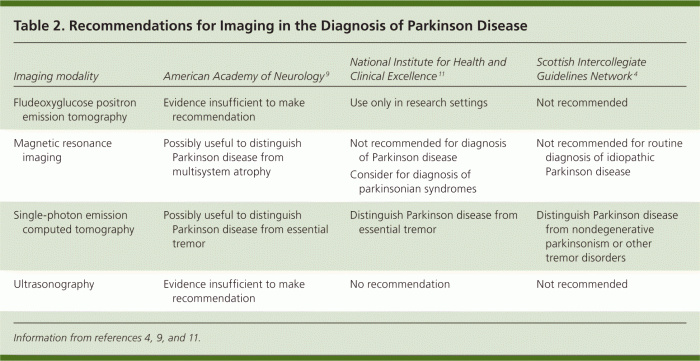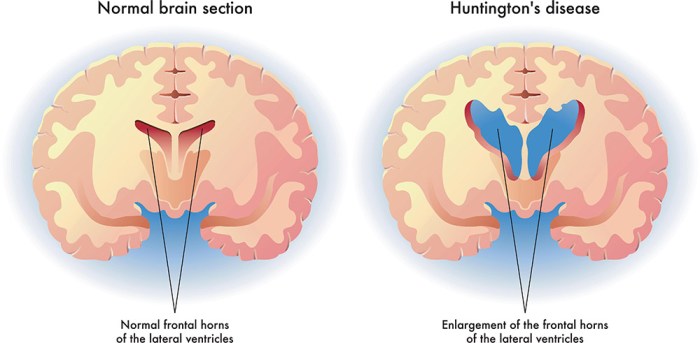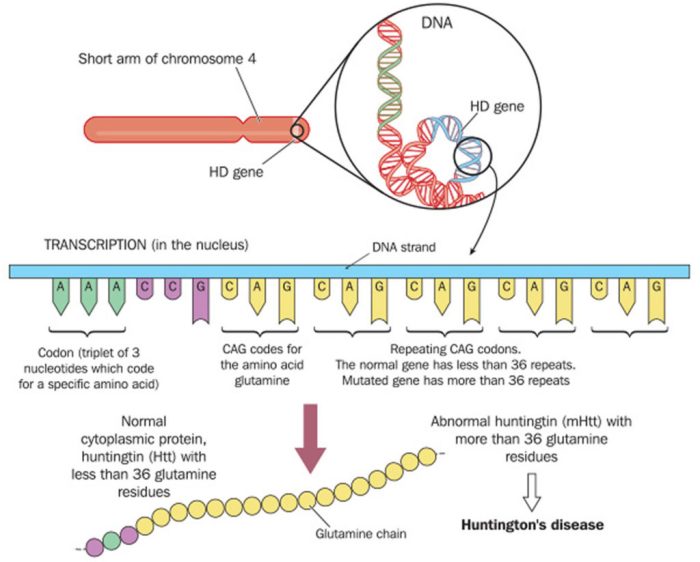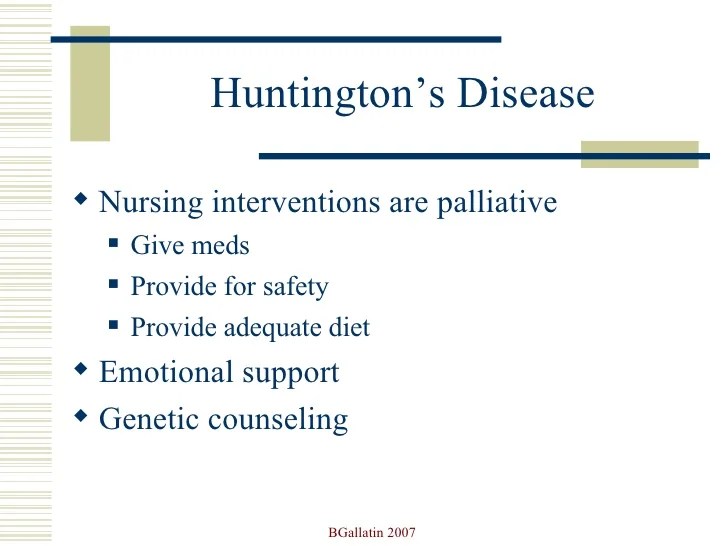Nursing diagnosis for Huntington’s disease plays a crucial role in the management of this debilitating condition. This guide provides an in-depth exploration of the common nursing diagnoses associated with Huntington’s disease, their signs and symptoms, and the evidence-based nursing interventions that can effectively address them.
Huntington’s disease is a progressive neurodegenerative disorder that affects the brain and body, leading to a wide range of physical, cognitive, and emotional challenges. Understanding the specific nursing diagnoses associated with this condition is essential for developing a comprehensive care plan that can improve patient outcomes and support their overall well-being.
1. Definition of Huntington’s Disease

Huntington’s disease is a progressive, neurodegenerative genetic disorder that affects the brain and body. It is caused by a mutation in the huntingtin gene, which leads to the production of a toxic protein that damages nerve cells.
The disease typically manifests in adulthood, with symptoms gradually worsening over time. It affects both motor and cognitive functions, causing involuntary movements, speech difficulties, cognitive decline, and behavioral changes.
2. Nursing Diagnosis for Huntington’s Disease
Common nursing diagnoses associated with Huntington’s disease include:
- Impaired physical mobility related to involuntary movements and muscle rigidity
- Disturbed thought processes related to cognitive decline and memory impairment
- Impaired communication related to speech difficulties and dysphagia
- Ineffective coping related to the progressive nature of the disease and its impact on individuals and families
3. Nursing Interventions for Huntington’s Disease
Nursing interventions for Huntington’s disease aim to address the identified nursing diagnoses and improve the patient’s quality of life. These may include:
- Assisting with mobility and activities of daily living
- Providing cognitive stimulation and memory aids
- Facilitating communication using assistive devices and alternative methods
- Offering emotional support and counseling to patients and families
- Managing medications to control involuntary movements and other symptoms
Top FAQs: Nursing Diagnosis For Huntington’s Disease
What are the most common nursing diagnoses associated with Huntington’s disease?
The most common nursing diagnoses associated with Huntington’s disease include impaired physical mobility, impaired communication, risk for falls, disturbed thought processes, and ineffective coping.
How do nurses assess for nursing diagnoses in individuals with Huntington’s disease?
Nurses assess for nursing diagnoses in individuals with Huntington’s disease through a comprehensive assessment that includes a physical examination, neurological examination, review of medical history, and observation of the patient’s behavior and interactions.
What are the most effective nursing interventions for managing Huntington’s disease?
The most effective nursing interventions for managing Huntington’s disease include medication management, symptom management, emotional support, and patient and family education.


